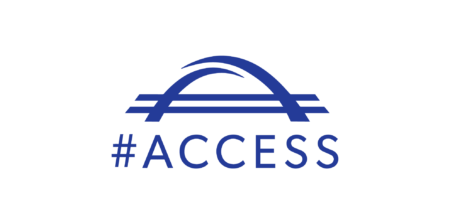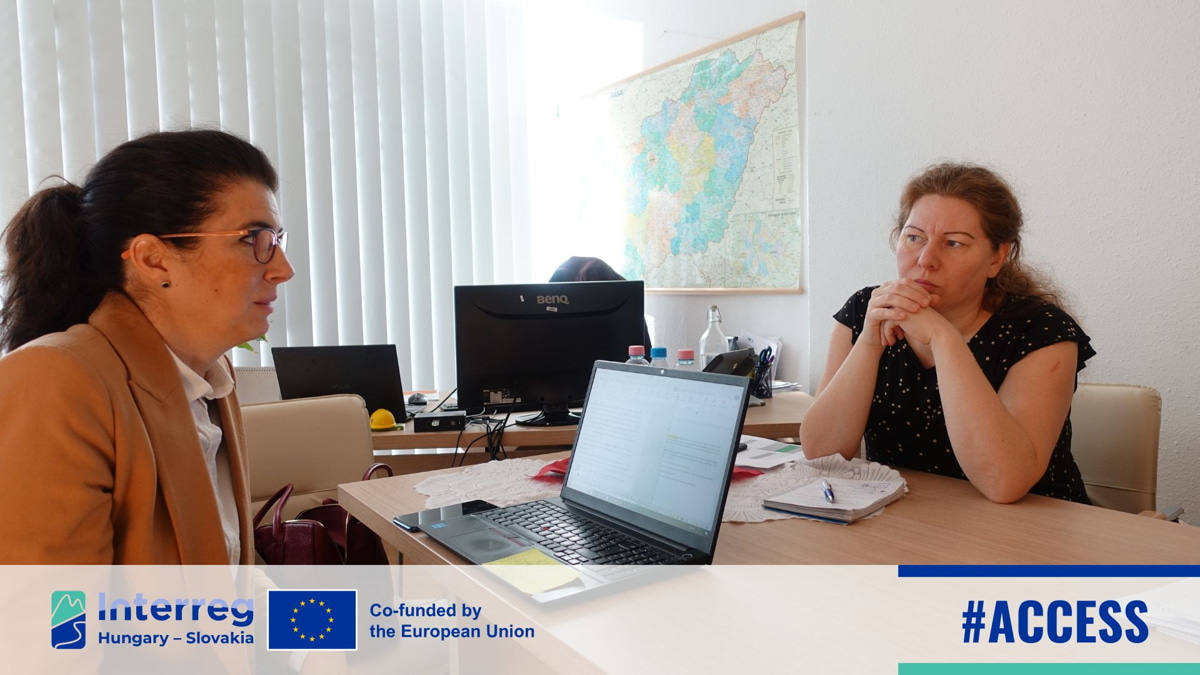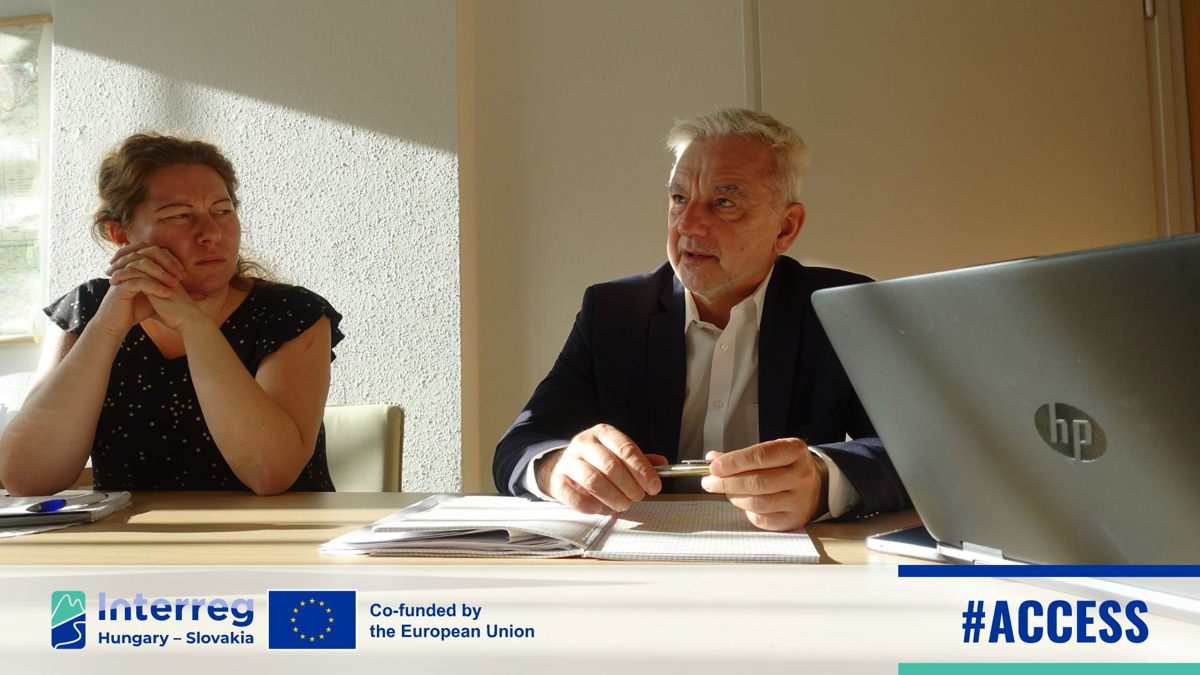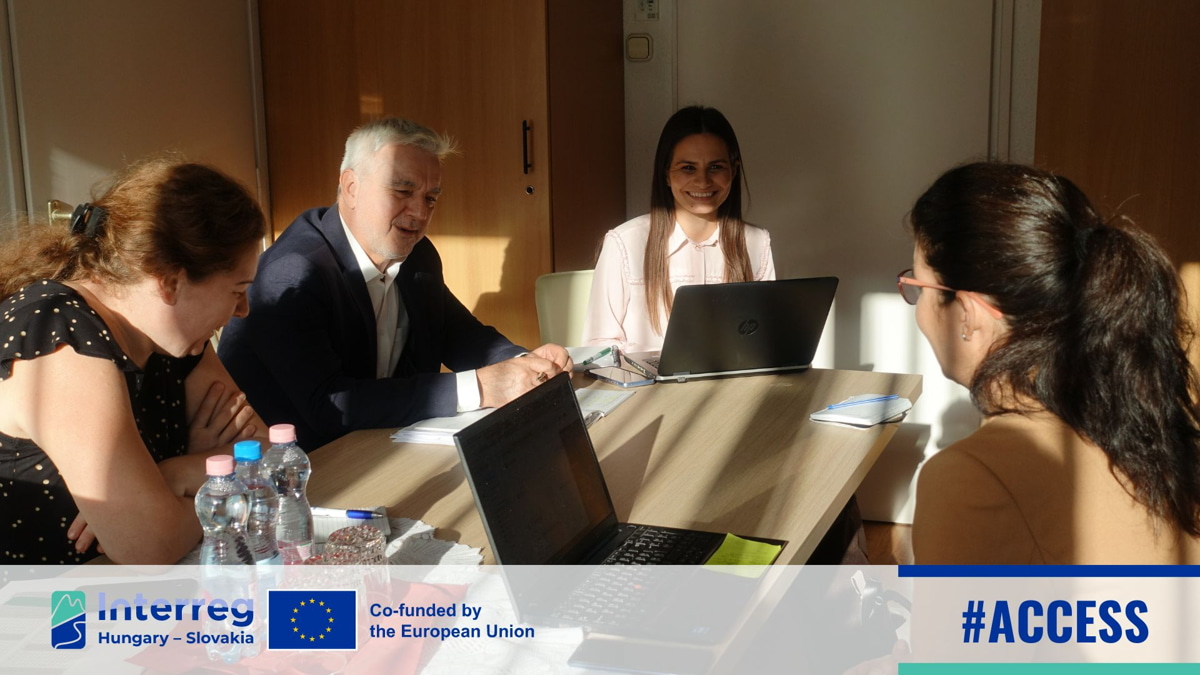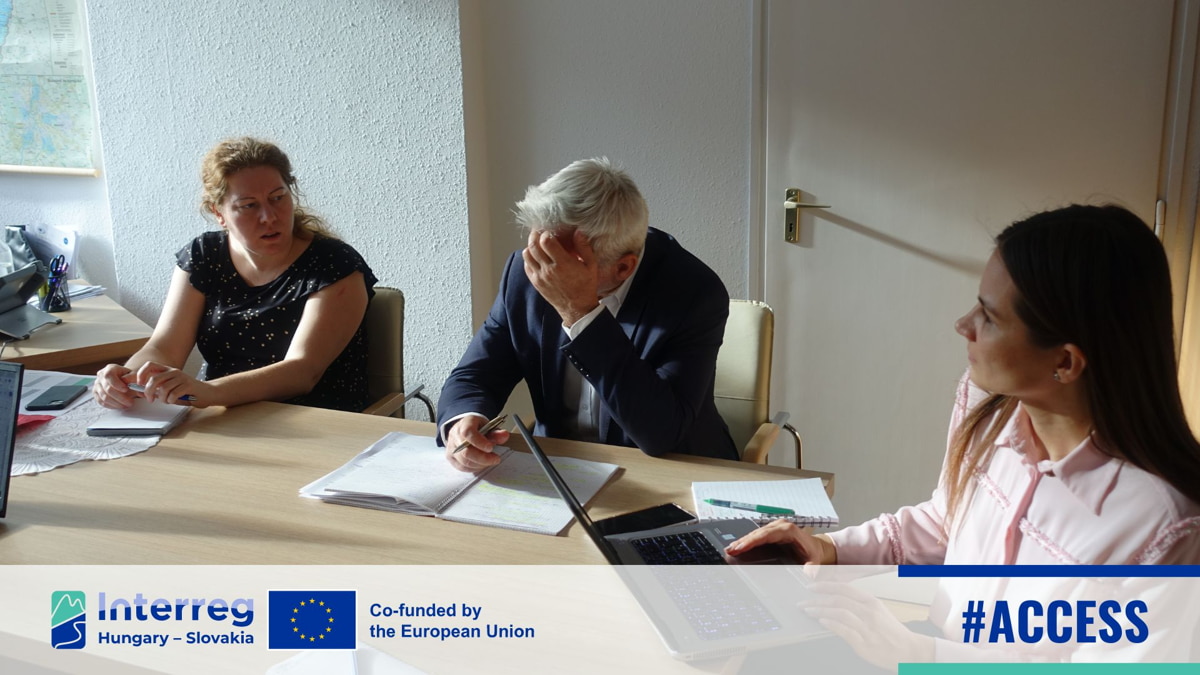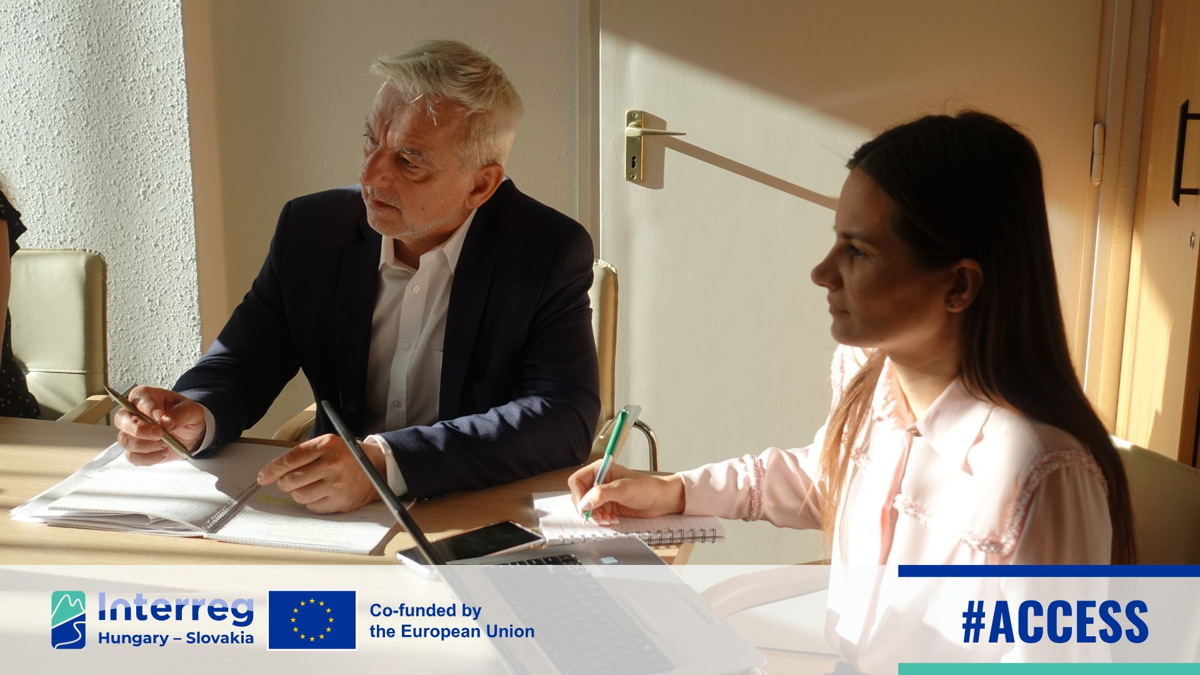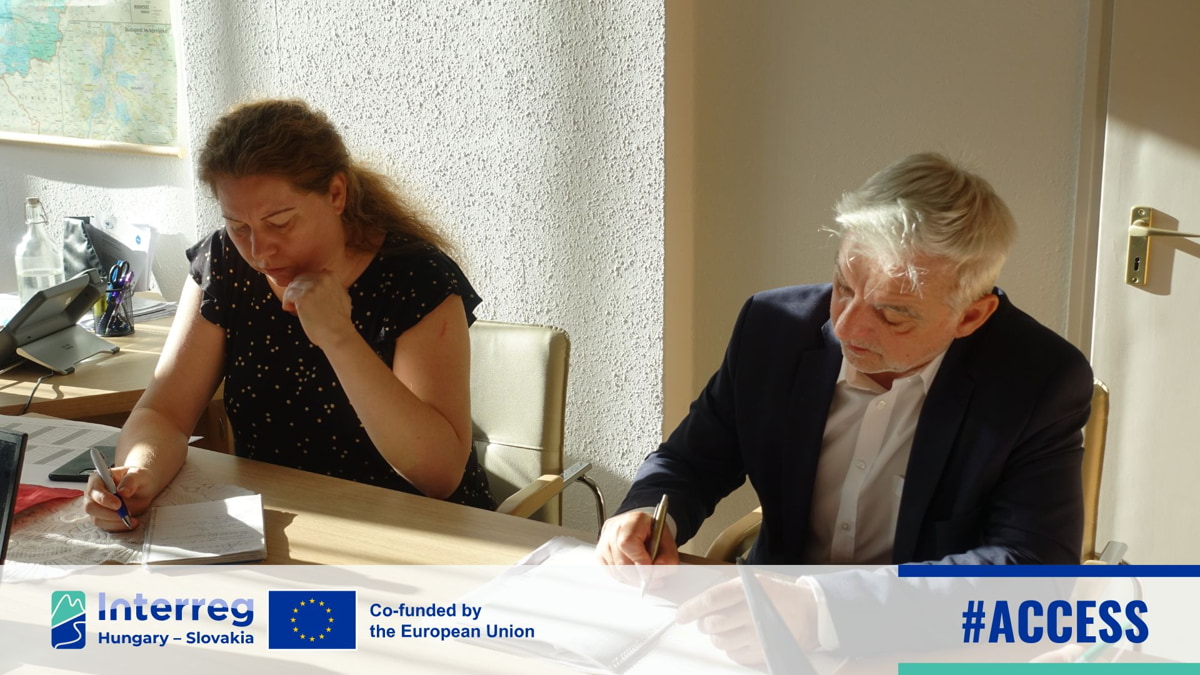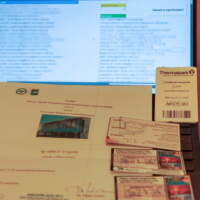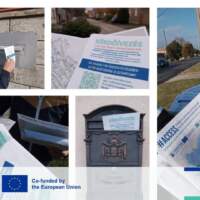The #ACCESS project is committed to help cross-border cooperation between the Slovak Republic and Hungary through identifying and solving the still persisting administrative and legal obstacles. In order to achieve this, apart from conducting surveys involving the general public living in the border area, the project partners also carry out interviews with national authorities to capture their experiences and insights as well.
The purpose of these interviews is to delve into the multifaceted challenges faced by citizens and authorities in connection with different cross-border issues. By focusing on key sectors such as healthcare, territorial development, the labour market, and the economy, our team aims to identify the root causes of these obstacles. The insights garnered will play a pivotal role in shaping targeted interventions to eliminate these barriers.
